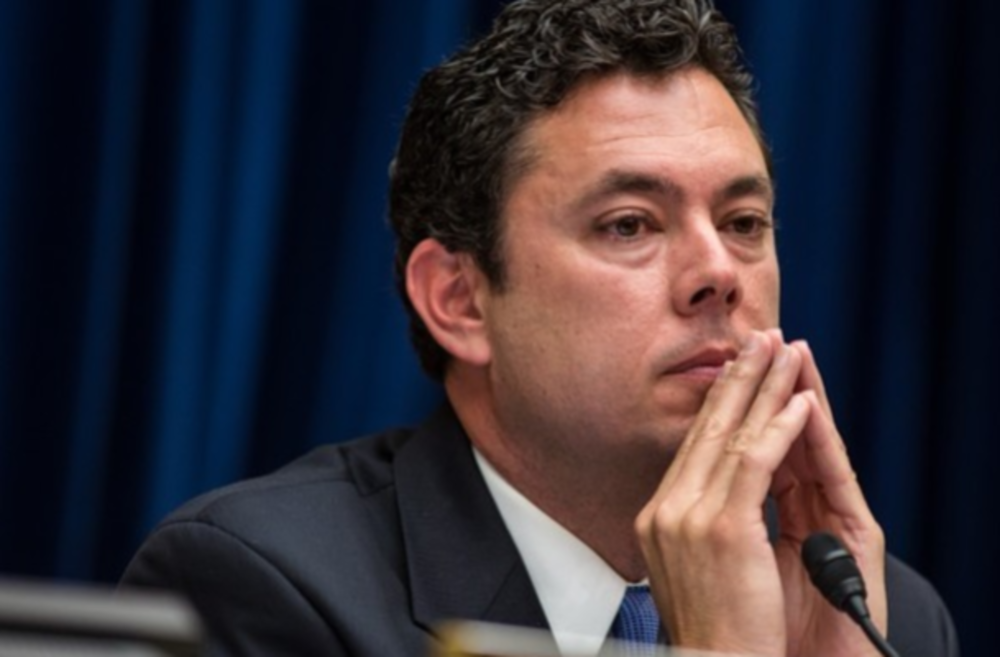The Remote Transactions Parity Act (RTPA) introduced by House Judiciary Committee member Jason Chaffetz (R-UT) this week would stall the growth of e-commerce, favor big box stores over remote sellers, and be costly and complex to boot, according to a coalition of organizations called True Simplification of Taxation, or TruST.
“Chaffetz (above) came out with this ‘new and improved’ version of his earlier bill, and it’s not any better than the original and probably worse,” says Hamilton Davison, executive director and president of the American Catalog Mailers Association, a coalition member along with the Direct Marketing Association, the Electronic Retailing Association, and NetChoice.
Chaffetz’s version 2.0 has “no limit on audits and empowers 48 state tax administrations to audit any business anywhere,” continues Davison. “It requires businesses to track rates and rules in 9,600 taxing jurisdictions. It’s like asking a brick-and-mortar store to ask every customer for a driver’s license and then taxing her what the rate is where she lives.”
E-commerce and catalog players have been fighting a long and hard battle against being required to remit taxes of purchasers to the individual states in which they reside. They are up against the much stronger lobbying forces of mainstream retail groups like the National Retail Federation, and suffered a blow a few years ago when Amazon changed sides and fell in with the big box coalition. Their efforts led to the passage of the Marketplace Fairness Act by the Senate in 2013.
Legislation on the issue has been stalled in the House, however, where Judiciary Chairman Bob Goodlatte (R-VA) has been circulating a draft of a rewrite of his own bill, one highly favored by remote sellers. While Direct Marketing News has been unable to secure a copy of the draft, sources who have seen it say it adheres to seven principles that guided his earlier effort. Among these are that tax rules should be simple and easy to comply with, and that they should not favor brick-and-mortar retailers over remote sellers. This philosophy aligns with that of TruST, which would prefer to have e-coms and catalogs collect the taxes of their headquarters states and then redistribute all tax revenue to states through a clearing house.
In a statement announcing his bill, Chaffetz’s office held that the current taxing system “skews the free market. It allows businesses that employ fewer people and contribute to the economies of fewer states to avoid collecting sales taxes.” RTPA would provide remote sellers with free access to software allowing them to compute out-of-state tax liabilities. But Davison maintains that attendant costs of complaints would choke e-commers and catalogers.
“Saying you get free software is like saying you’re getting a free puppy; it comes with a lifetime of costs,” Davison says. “[TruST] did a study on the cost of integration and maintenance of these software systems and it amounted to hundreds of thousands of dollars over a five-year period.”
As an example of the type of tax collection it would like to see, TruST points to the International Fuel Tax Agreement forged between the 48 contiguous states and Canada. Commercial vehicles, instead of carrying a dozen license plates and paying fuel taxes in each, have an overall tax account. At the end of each fiscal quarter, each licensee completes a report listing all miles traveled and gallons purchased in which states. The appropriate tax amounts are then remitted to each jurisdiction.








